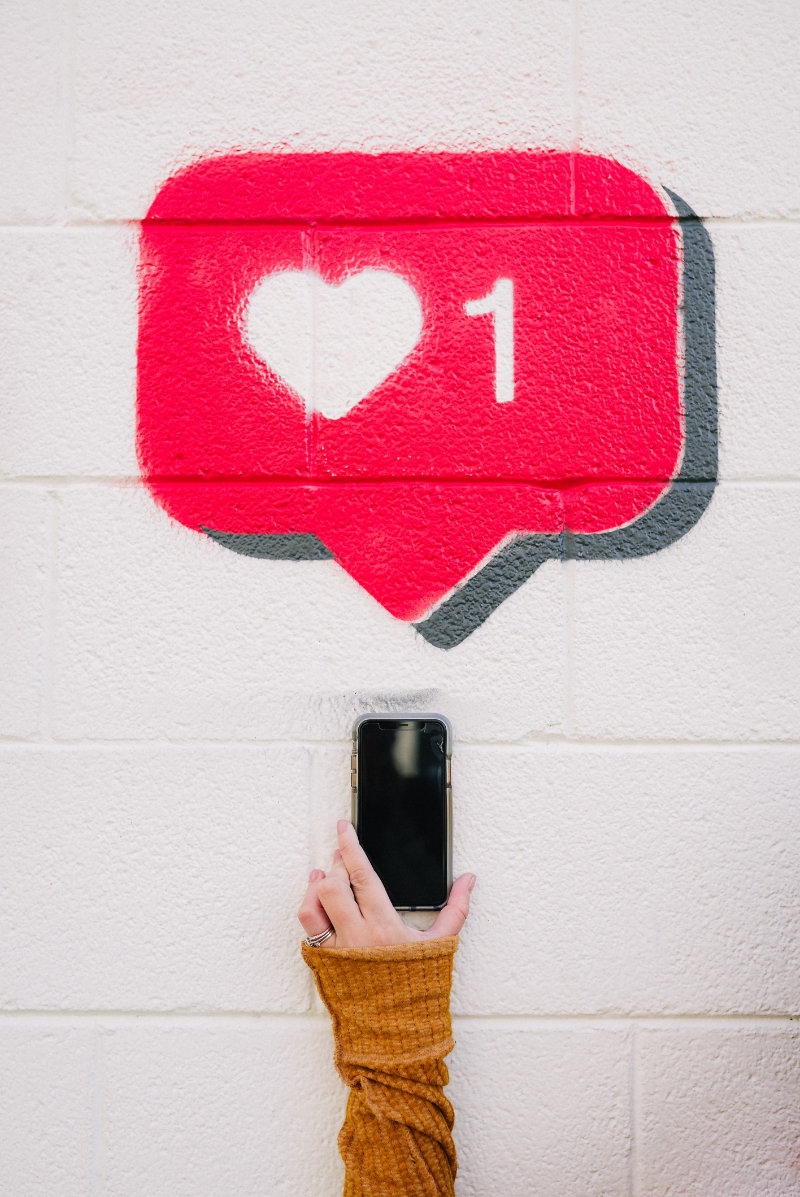Dating Privacy's journey
Dating Privacy aims to raise awareness about privacy risks and build new practices in online dating for both users and platforms
The problem
You give sensitive data away without knowing who, what or why. Dating privacy seeks to clarify that uncertainty to protect your privacy. We want to balance the benefits and disadvantages of sharing your intimate information so you can take control of your exposure online; and at the same time to make dating apps best tailored to user’s interests and not merely for commercial enterprises.
Data helps apps to put users in contact with each other. You meet somebody outside your network and with different characteristics who you didn’t even know you liked. But it also comes with privacy risks: unknown users see a lot of information about your identity, you are only introduced to people who the app considers right for you, you meet people without any guarantees about their real identity, your data is used for ads that are not necessarily relevant to your tastes but help the app earn money.

There is not enough visibility and situated knowledge about privacy and data protection on dating apps. A general definition of privacy does not apply to every app type. Plus, when you are dating you are interested in establishing trust with your potential date and also with the app introducing you to other people. We seek to raise awareness about privacy risks, as well as develop the potentialities of having new ethical, fair and collective values for the use of technologies.
- Some users do not know their data is being collected, or for which purposes.
- Some users do not understand why they cannot find somebody on a dating app.
- Some users do not know what privacy means in online dating, where so much sensitive data is exposed.
- Some users believe data collection only serves good intentions.
At the same time, every user is giving away intimacy for public exposure without control. Some users are being discriminated against, exposed to undesirable persons, and are victims of abuse by other users: harassment, identity theft, romance scams, and even sexual assault, without the app being able to help you.
Our plan
Dating Privacy aims to first understand how dating app function, in particular regarding data collection and data processing, and what the consequences are for user privacy and interactions (who is presented to whom). Secondly, to offer users a tool to visualize and understand the dating app data ecosystem and their personal usage; thus contributing to data literacy.
Dating apps have developed matching systems that are opaque because of intellectual property. This opacity affects privacy, and ultimately, how subjects find a potential partner online. Therefore, users do not have visibility today on what personal data is collected from their accounts, nor how it is used to present them profiles, or for commercial purposes like advertisement.
Recent studies and media articles have given contradictory results about the influence of dating app algorithms on couples. Dating apps are designed as recommendation systems, applying machine learning techniques that score and rank users online to be presented to others. This can have either positive or negative effects on couple formation. On one side, studies affirm that couples who met through dating apps have different socioeconomic status which increases diversity. On the other, dating apps reproduce a patriarchal model by presenting women with a lower socioeconomic status to men who have a better position.
Besides collecting data for matching systems, one investigation conducted by the Norwegian Consumer Council shows dating apps also collect data that is shared with third parties for commercial profit.
Another problem is that the majority of dating app analysis focuses on understanding heterosexual practices, while ignoring other communities with different identities. They do not know how the dating app data ecosystem and the use of algorithms affect the results a user can obtain in the app.
What type of data do dating apps collect and how is it shared beyond the platform?
How do dating apps rank and sort users with algorithms?
These are the questions we seek to answer, in two phases:
- First, by reaching users who want to protect their privacy and are affected by how app's work, offering them a space where they are heard. In a world where dating apps do not take responsibility for users’ concerns and problems this matters
- Second, by developing tools to recover, visualize and analyze personal data. This will help to break the monopoly of dating platforms on sensitive data and to learn about privacy and processes related to data collection, processing and analysis.
Further on we are interested in contributing to education initiatives and conducting research in collaboration with schools, academia and other educational institutions.
What can you do to help Dating Privacy?
- Start requesting your data to understand what traces about yourself and your dating preferences you leave online.
- Participate in our activities and online discussions. Learn with us about privacy, how dating apps work and user practices.
- Become a member of Dating Privacy for a more active role in our initiatives and to help develop and implement your ideas.
- Conduct investigations with us. By being part of our network you gain an edge in the state of the art, you build action research with us and share knowledge in keeping with our open-source ethos.
- Become an official partner. It gives you access to our practices and preoccupations in online dating. You can help create a different standard of privacy.